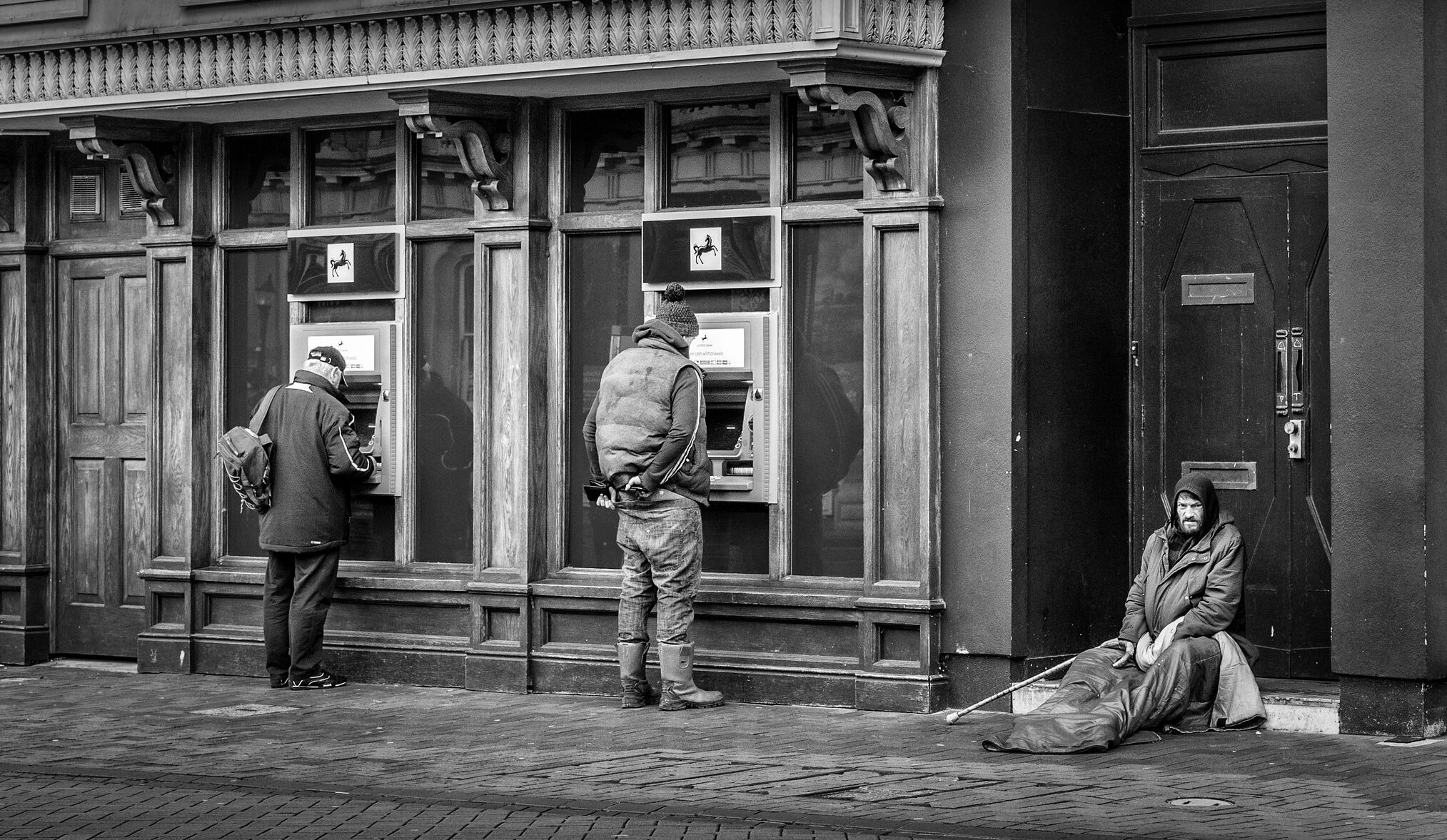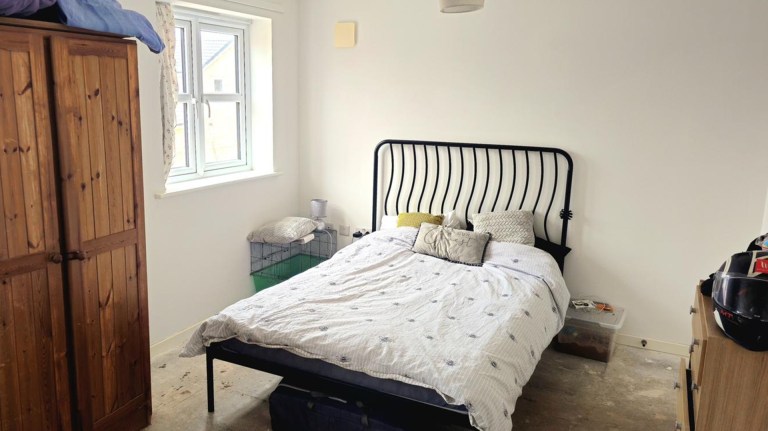Your support changes lives. Find out how you can help us help more people by signing up for a subscription
From there, mood and cognitive function increased, as well as spending and saving. Then from three to six months, there was “spillover” where cash was used to help their family and friends. By six months, most had spent all the money, but the benefits were clear.
Alongside the wide range of benefits, there was no increase in “temptation” spending on alcohol, cigarettes and drugs.
This busts stereotypes, said Claire Williams, who pioneered the study while working with the Foundation for Social Change charity.
“We need to shift the way we think about people because we currently, I think, interact and just regard them in a way that’s very dehumanising,” Williams told the Big Issue.
Manchester-born Williams cites Rutger Bregman, a one-time guest editor of the Big Issue, as well as her work at an orphanage in India, as the inspiration for the project.
Advertising helps fund Big Issue’s mission to end poverty
Within nine months, those who hadn’t received the cash had caught up – but in the meantime homelessness had been reduced, money had been saved and lives had been transformed.
Williams recalled one case where the cash allowed a mother to keep custody of her child.
“A lot of our participants had kids and they were single mums – it’s not something we necessarily measured – but in one example the cash transfer actually allowed a woman to keep her child. She was facing termination of stay at a shelter because there was a limit for the amount of time that she could stay at this particular property,” said Williams.
“She faced a very real situation of having to surrender her child to the province, but the cash transfer allowed her to move into stable housing.”
From there, the mother was able to find housing within the catchment area of their child’s school, allowing them to keep receiving their usual support.
In another case, a participant used the cash to help their grandmother, who was also at risk of becoming homeless.
Advertising helps fund Big Issue’s mission to end poverty
Trials of UBI are gaining steam in the UK, with the Welsh government giving young care leavers cash to see if it can offer a “safety blanket” and prevent homelessness. Meanwhile, a pilot scheme is paying £1,600 a month to 30 people in England to see how their lives are impacted.
The trial built on past studies giving cash to low income but stably housed people. However, results on predictions based on these studies were “non-significant”, but Jiaying says this is a result of “conservative” estimates.
“What actually happened was phenomenal. I think our best case scenario came true, and I really don’t mind if the pre-registered predictions didn’t come true.”
By helping those with more “simple” needs, the cash also helped free up capacity for the system to provide more specialised support to those who needed it. The homeless population is full of different people with different needs, Williams said, so different solutions are needed.
“We just treat everybody the same in the system, probably because it’s easier from a governance perspective, to just think about it that way, but it does not serve those individuals,” Williams said.
“I think that is a really big takeaway, that we need to start thinking more creatively about the individual needs of people who make up these populations.”
Advertising helps fund Big Issue’s mission to end poverty
Get the latest news and insight into how the Big Issue magazine is made by signing up for the Inside Big Issue newsletter
Alongside giving out the cash, the researchers tested how they could get the benefits of cash transfers across to the public. Emphasising how the cash wasn’t spent in stereotypical ways, and how the money actually saved the public purse overall, they found, were the most effective messages – providing a blueprint for future UBI advocates.
One other benefit was that the money inspired long-term thinking, with participants finding they had enough money to save and make plans for the future.
“When you give people a larger sum of cash, it really inspires long-term thinking. It’s a catalyst for folks,” said Williams.
“If you’re getting the dole, or welfare, or income assistance or whatever you want to call it, you have the smallest amount of money and there’s just no incentive to save it – nor is there any practical way to save that money because it’s very expensive to exist in homelessness.
Zhao is expanding the experiment, and wants to see the concept become more widespread: “I would love to see this programme rolled out nationwide. I imagine the cost savings will be even larger
Advertising helps fund Big Issue’s mission to end poverty
“I think the takeaway is that we need to trust people more and give them cash.”










